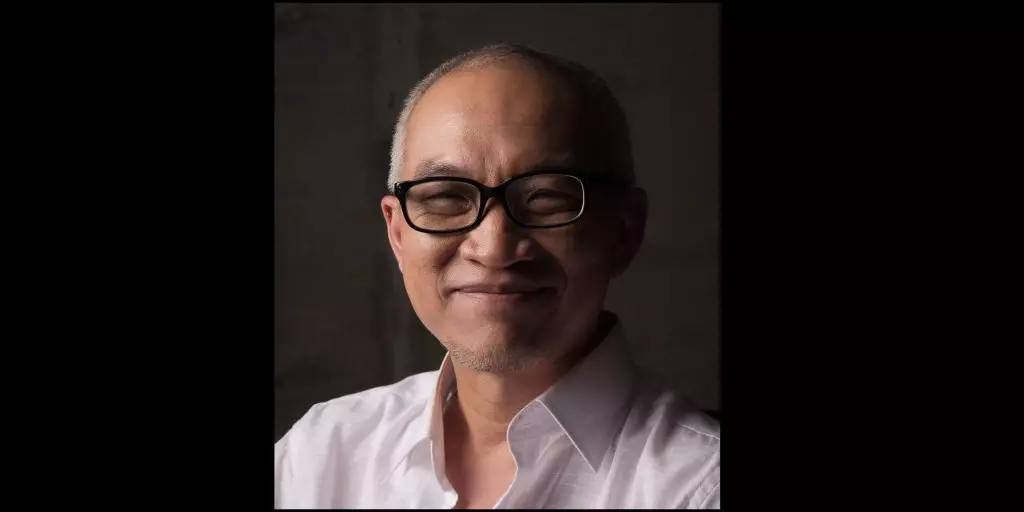The recent passing of John Badalu at the age of 53 marks a profound loss for Indonesia’s cultural landscape and the broader Southeast Asian cinematic community. Badalu, a prolific producer, programmer, and publicist, was renowned for championing the representation of LGBTQ+ individuals and other marginalized groups within a region where such identities often face systematic neglect. His dedication to inclusivity and representation was not merely a career path but a personal mission that drew from his lived experiences as a member of various minority groups, including the ethnic Chinese and the LGBTQ+ communities.
Born in Makassar, located on the Indonesian island of Sulawesi, Badalu’s diverse identity shaped his advocacy. His films often tackled taboo subjects head-on, combining artistic vision with social consciousness to address the complexities of modern Indonesian society. By amplifying underrepresented voices, he did not just produce films; he crafted narratives that sparked conversations within the community and beyond.
Impact Through Film Festivals
Badalu’s contributions to cinema were perhaps most visible through his involvement with international film festivals that served as platforms for storytelling from Southeast Asia. His impressive portfolio includes premieres at renowned festivals such as Cannes and Berlin, showcasing the breadth of talent emerging from the region. Notably, he produced works such as “Malila: The Farewell Flower” and “Ave Maryam,” each ingrained with themes of love, memory, and societal challenges, offering a rare glimpse into the lives of characters that resonate with many but are seldom seen on screen.
In 2002, Badalu founded the Q! Film Festival, the first LGBTQ+ film festival in Indonesia, which played a critical role in pushing the boundaries of discourse surrounding queer narratives. Under his vision, the festival grew from Jakarta to encompass multiple cities, establishing itself as an essential platform for queer cinema. The festival not only entertained but also educated, providing a safe space where stories of LGBTQ+ individuals could flourish in a society where such expressions were often marginalized.
Innovation and Collaboration
In addition to towering festival contributions, Badalu was a catalyst for innovation in short film production. He championed emerging filmmakers like Khozy Rizal, helping to elevate their works to international recognition. The film “Basri & Salma in a Never-Ending Comedy” became notable for being the first Indonesian short film to compete for the Short Film Palme d’Or at Cannes, showcasing Badalu’s relentless commitment to nurturing new talent. Such transitions in filmmaking are critical in a region evolving rapidly, where traditional narratives are expanding to embrace diverse perspectives.
His collaborations with established Indonesian directors such as Mouly Surya and Putrama Tuta further illustrated his collaborative spirit. By merging different artistic visions, Badalu enriched the cinematic tapestry of Indonesia, proving that cross-pollination of ideas leads to more dynamic storytelling.
Advocacy Beyond Frame—Shaping Policies
While Badalu’s cinematic endeavors were remarkable, his influence stretched far beyond film. He worked tirelessly to advocate for policy changes affecting marginalized communities by leveraging the visibility of the Q! Film Festival. His commitment also led the Indonesian National Commission on Human Rights to recognize sexual minorities as a group deserving support—a monumental step towards equality in a nation marked by conservative sentiments.
His efforts did not go unnoticed, earning him recognition from organizations such as Ashoka, which lauded his strategic approach to activism through art. By intertwining advocacy with creativity, Badalu demonstrated that the cinematic experience can ignite social change, making the arts a powerful ally for human rights.
A Legacy of Love and Expression
The heartfelt tributes from friends and colleagues in Bali encapsulate the profound connection Badalu fostered with those around him. Whether it was through his films or the camaraderie built at festivals, people grieve not merely the loss of a professional colleague but a beloved son, brother, and friend. His passing on May 21, 2025, at his home in Bali leaves an indelible mark, both in memory and in the transformative legacy he leaves behind.
John Badalu’s journey illuminated the path for many, heralding a future where marginalized voices are not just heard but celebrated. His life reminds us that film is more than entertainment; it is a means of connection, a call for justice, and an affirmation of identity. In the ever-evolving narrative of Southeast Asian cinema, Badalu’s contributions will resonate for years to come.
